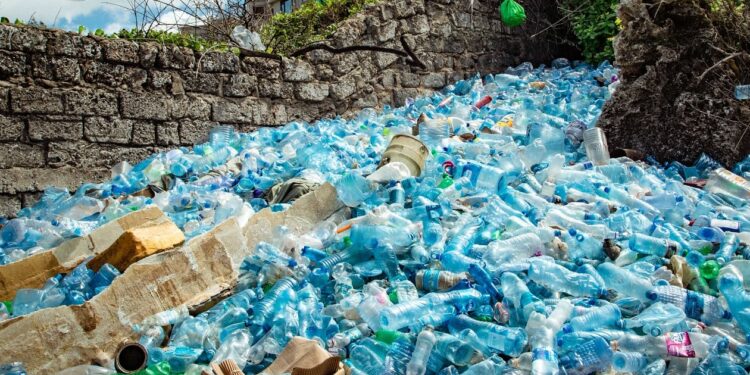The Tamil Nadu Government brought into the notice of the Madras High Court a set of pleas dealing with the disposal of plastic wastes and other items that are likely to cause pollution to the environment. The Tamil Nadu government informed the Court that though several awareness programs are being held, Waste Management Policies are implemented, but it is necessary to ban the single use plastics.
Why is banning single use plastic a state level and national concern?
Though several awareness meetings are held in schools, colleges, public forums, etc., about the ill effects of the single use plastics, several shops including shopping malls and supermarkets are the major users of the single use plastic. Whenever inspected, they were seized and fined, but the shops became repetitive offenders.
The Ministry of Environment pointed out that the initiative taken by the Central Government on and from Pragati (Pro-Active Governance and Timely Implementation) meetings. The guidelines drafted following Plastic Waste Management Amendment Rules 2021 were issued to implement the use of recycled plastic, but the elimination of use of single plastic is still far to go.
Article 21 of the Constitution of India, ensures a healthy environment as a part of right to life, as it states, “No person shall be deprived of his life or personal liberty except according to procedures established by law”.
Article 21 of the Constitution has very expanded scope and makes it a responsibility on the state that it ensures to maintain a healthy environment for the citizens. Environmental deterioration could eventually endanger the life of the present and future generation. Therefore, the right to life has been implicitly recognized as a constitutional right.
The right to a healthy environment is incorporated directly and indirectly in the Article 21 of the Indian Constitution.
What is the constitutional recognition of the right to a clean environment?
Article 48-A of the Constitution of India says, “The State shall endeavor to protect and improve the environment and to safeguard the forests and wildlife of the country”. Though directive principles are not enforceable in the Courts ,the State has to comply with its provisions when creating laws.
An attempt has also been made to provide for the right to a healthy environment to its citizens by Article 47 which states that the “State shall regard the raising of the level of nutrition and the standard of living of its people and the improvement of public health as among its primary duties.”
The concern for ensuring the healthy environment became important since the incident, and to ensure the faith of the country in the system of judiciary, it is necessary for the courts to take an active and strict action against the individual or industry liable for their actions and will be punished for jeopardizing the life of the community.













